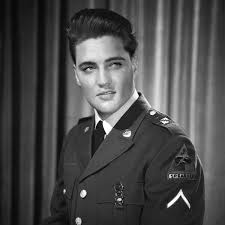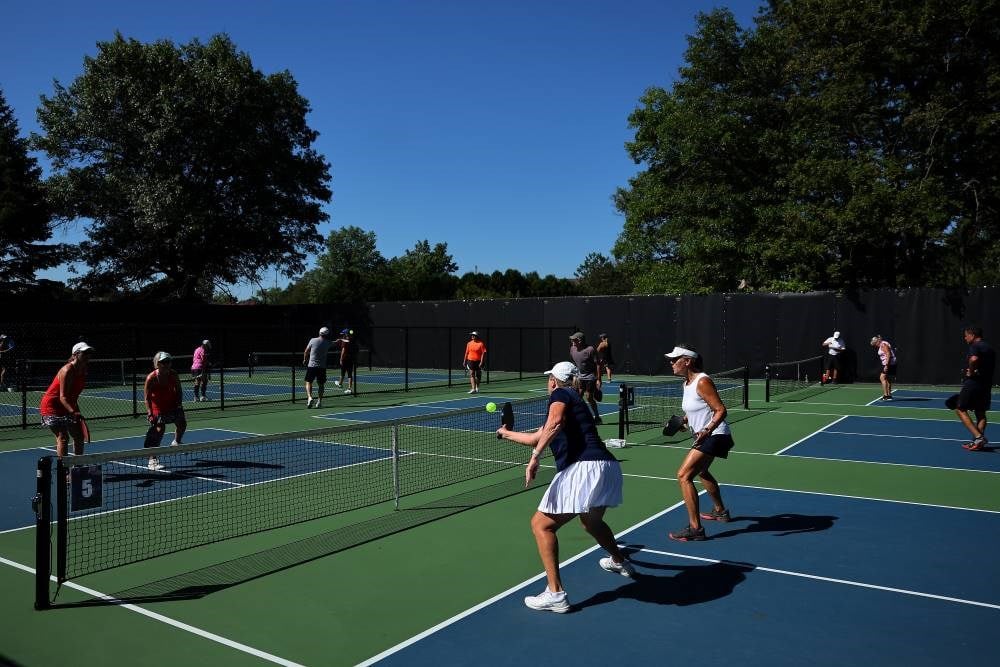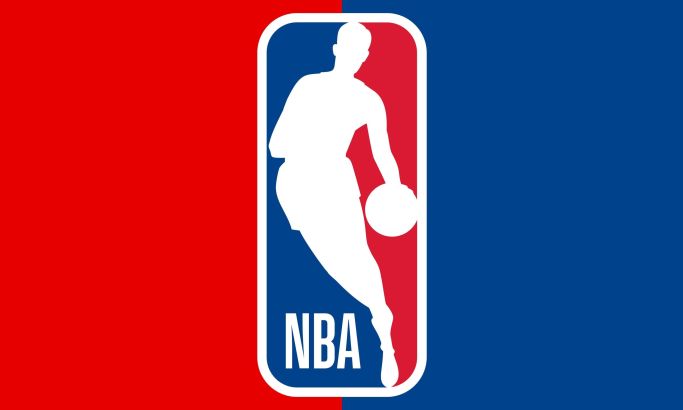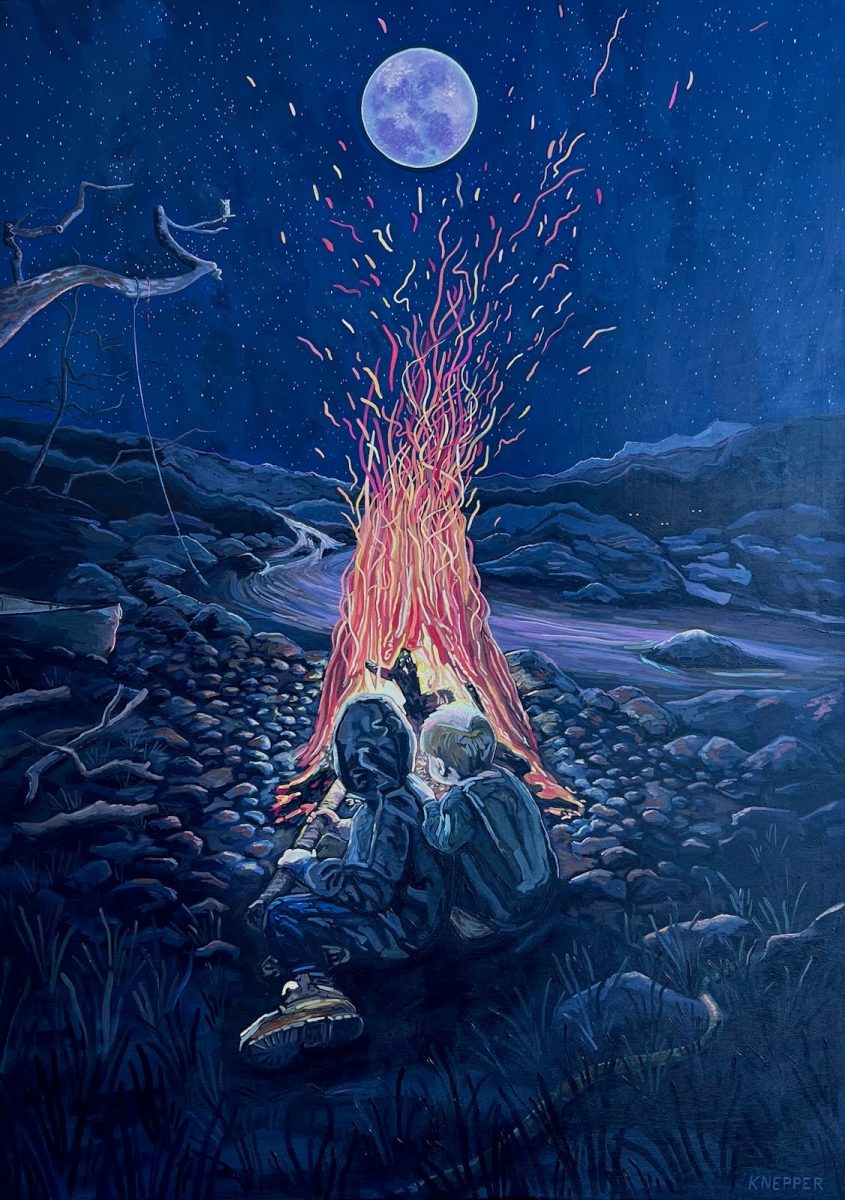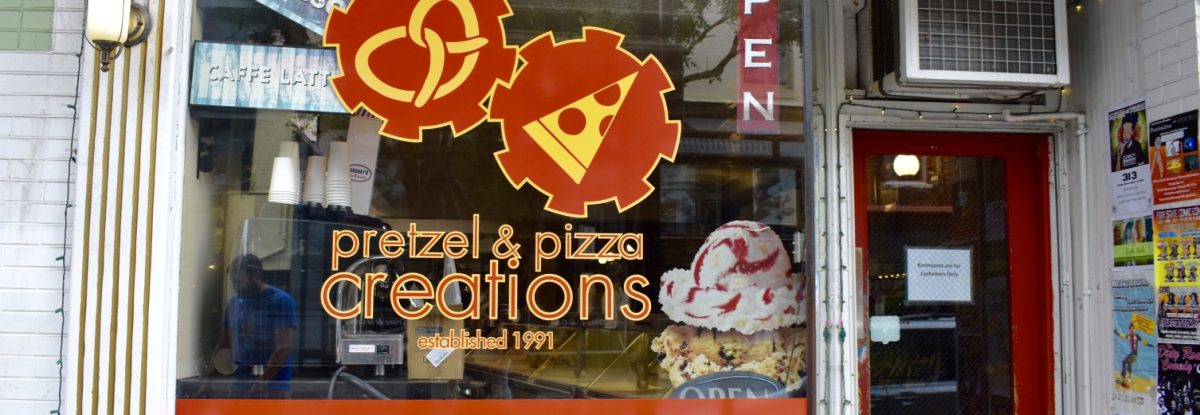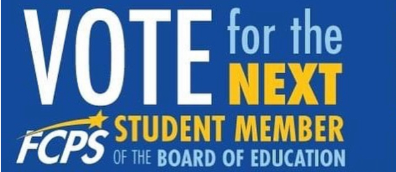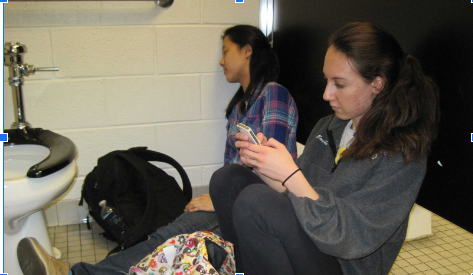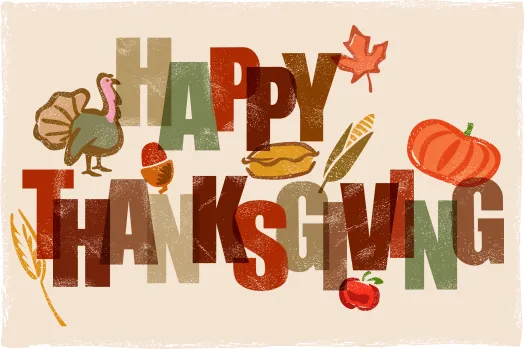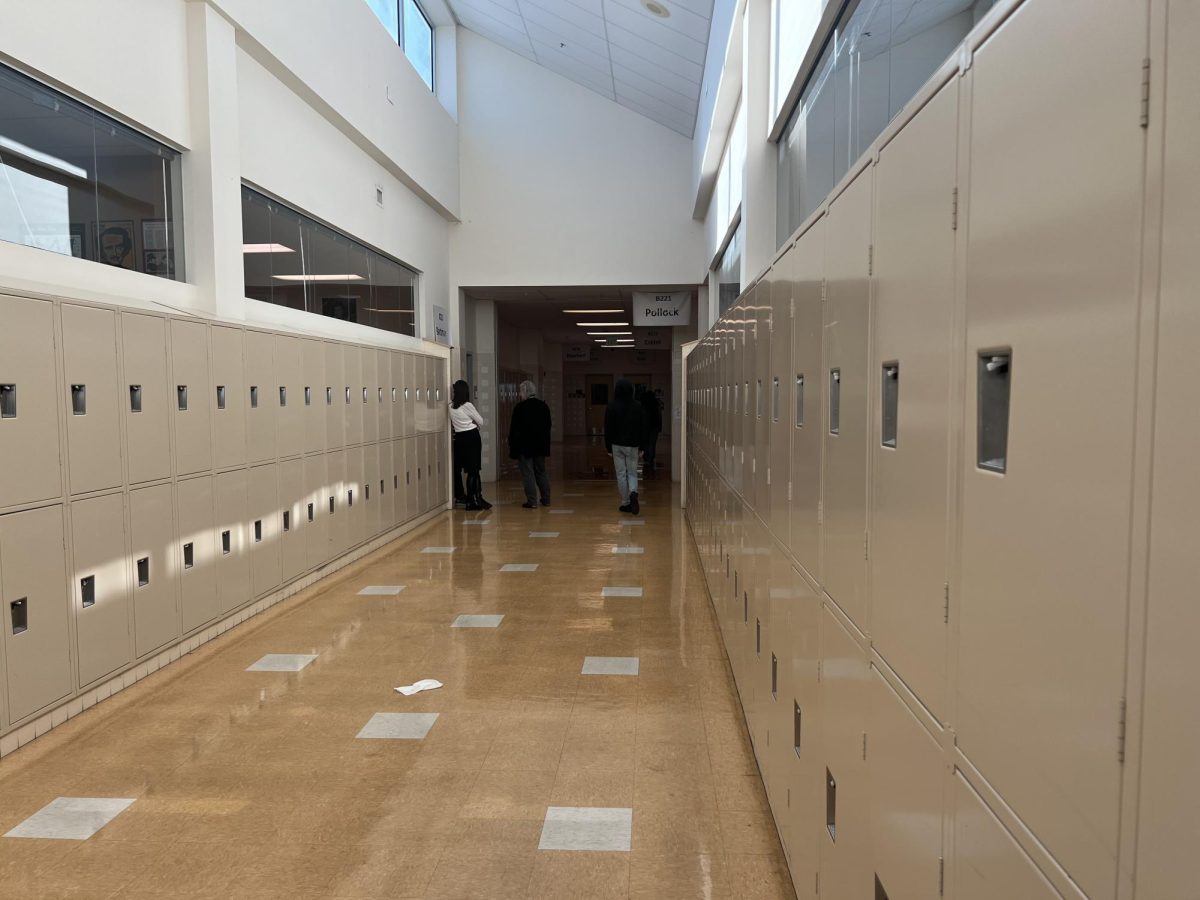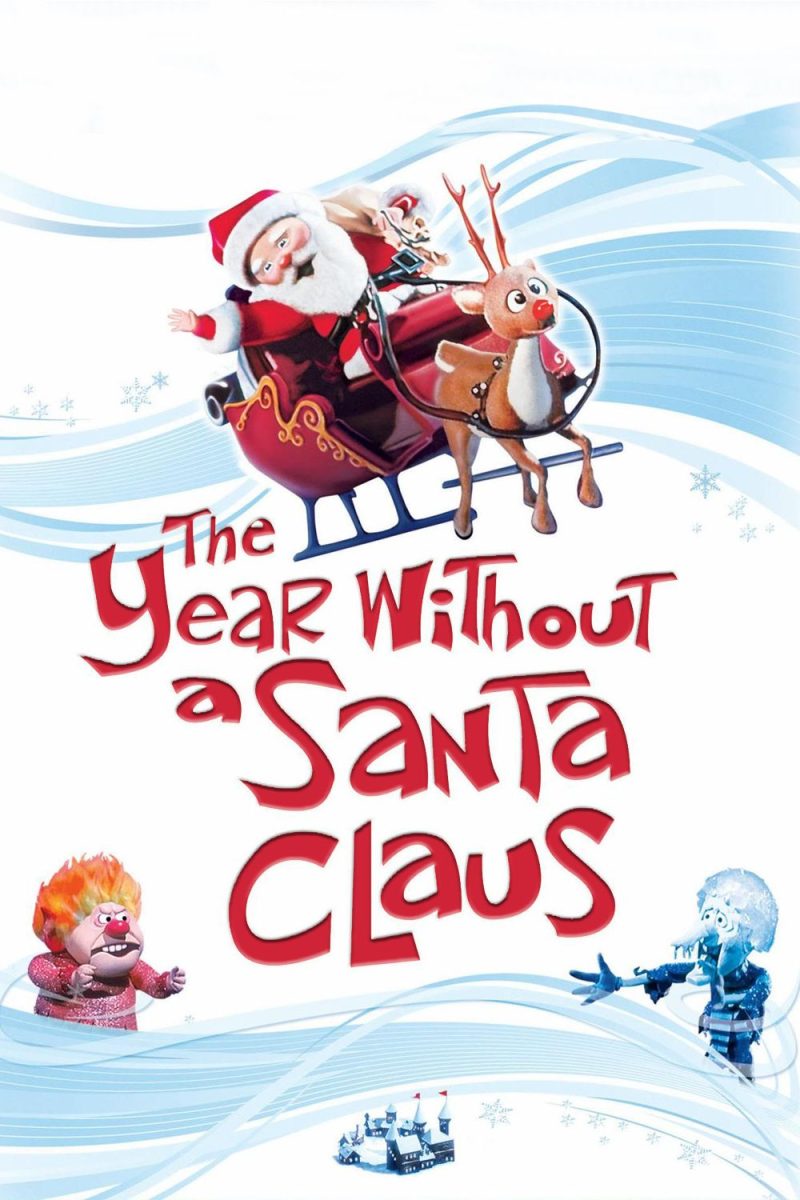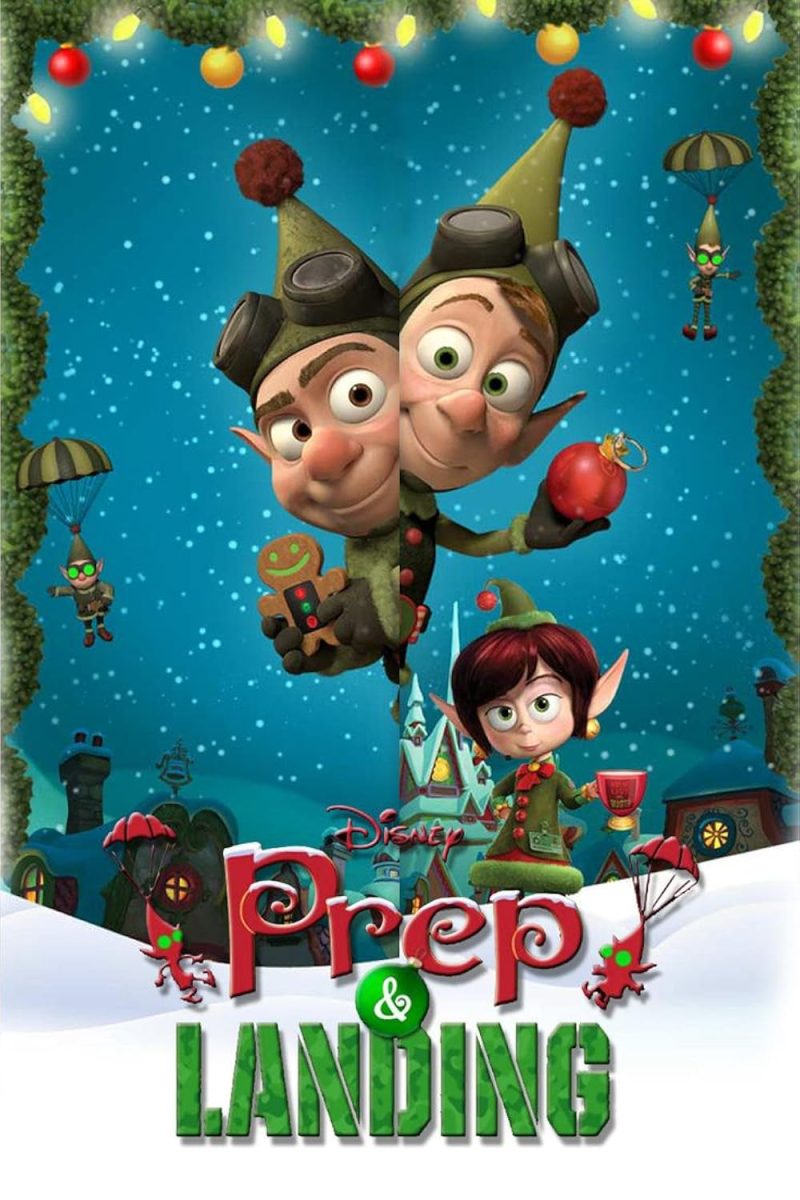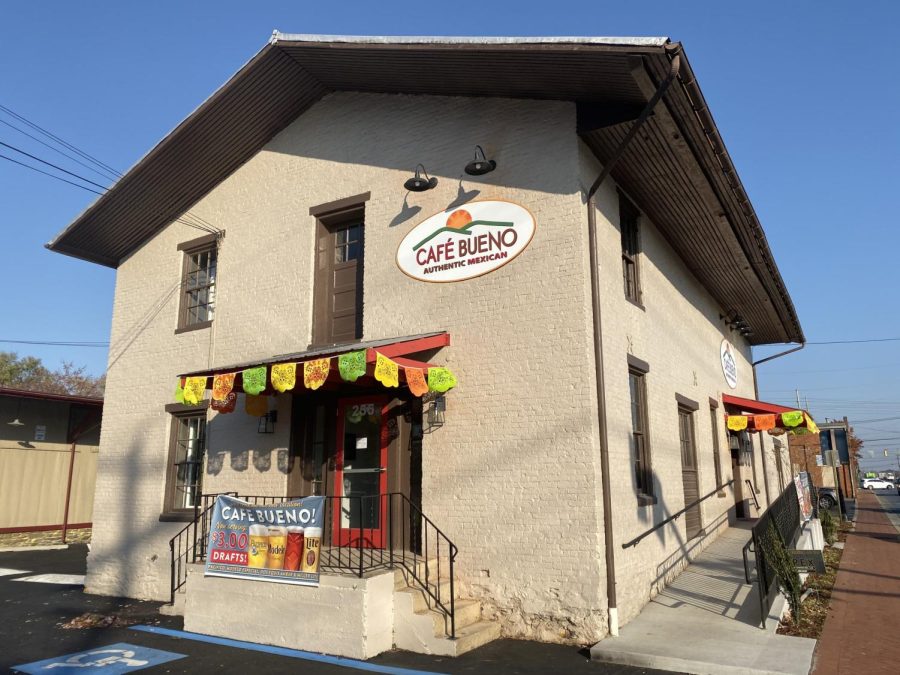College Tours and So Much More
September 12, 2022

Photo credited by Tuscarora High School
College is just around the corner for seniors and juniors, so how can you prepare? For most students, the idea of college and life after high school can seem pretty intimidating. What’s the first step? What if I don’t know what I want to do? What if college just isn’t for me? Here are some events, advice and support that will lead you in the right direction after you graduate.
Now, the college application process can be intimidating. It may feel impossible to even know where to start. Luckily, there are some websites and tools designed just to make your college application experience a lot easier. First, there is College Board, this organization helps students start their journey to finding where they want to go and organizing portfolios. Another is Naviance, information for that in quoted below.
What sources or outlets are there to help seniors figure out what they want to do after college? Joshua Harrsion, guidance counselor at Tuscarora answers this very question. “The main one us counselors use is Naviance. Naviance is kind of a one stop shop. So it has like the career interest inventories, strength explorers, career clusters, so once you do those I wanna say it’s usually around 65 or 70 questions, the same ones you been doing since elementary school like do you like working with your hand, do you like working outside, do you work better with people, work better alone. And it will kind of give you careers based on where you line up and once you get those careers you can start looking at money, how much you make in those careers, what education it takes to get there. So it kind of gives kids an idea, so if kids are like I want this job, and then they don’t realize, like say if you wanna be a psychologist, some people don’t realize “oh, I have to go into school for six years.” And then it kind of changed their mindset. But when some of them are like “oh, all I need is an AA degree or I just wanna go be an electrician and just do something for 24 months and just get a certification.” That’s the stop right there, usually where we go. But there’s also, you can also just use good old fashioned google. But Naviance in the school is our main one we use.”
Luckily, you don’t have to judge colleges and universities just on reviews. At nearly every college website there are sessions and tours of the campus which can also include information and input from students! University of Maryland in College Park has tours throughout September and October. As does Towson University, Frostburg State University, Salisbury University, University of Maryland in Baltimore County, and so many more. If you aren’t up to taking a look in person, a lot of universities offer virtual tours and sessions. Visiting colleges is a great way to narrow down where you may want to apply, maybe a campus is too big or too small for your liking. Always take the opportunity to see what’s right for you.
How can student’s start preparing for college? Harrison responds, “I would say, starting at 11th grade we offer dual-enrollment classes here in the building. So it’s a chance you can use to get college credits for cheap. You can get used to things such as Blackboard, Peoplesoft, logging on to FCC. And then the time management piece, that’s the part that most kids don’t get because in high school you have counselors, you have teachers, you have study hall. All those things are also available in college, you have to kind of advocate and do it yourself. No one’s gonna make you go to the library when you don’t have to, if you don’t show up to class there’s no robo-text or robo-call that say’s “hey, Cecelia wasn’t in class today.” College professors get paid the same, whether you turn in all your papers or not. So taking an FCC class or at least taking an honors AP class, at least try to take one or two so you can get used to that rigger because that’s a big jump for a lot of people.”
Lastly, Mr. Harrison was asked what advice he can give to uprising and current seniors. He answered with the following. “Current seniors, I would say, stick within your means. Money is a big thing, especially if you’re going to go into a Maryland school, you might think it’s a little bit out of your price range. If you applied, make sure you did your FAFSA early. Apply for a lot of scholarships, but there’s nothing wrong with taking two years at community college. I took two years at Frederick Community College myself, and when you get your four year college degree, nowhere on your diploma does it say you took a pitstop at community college. All the credits transfer the same, you still get your degree from your four year university. So, obviously, one, stay within your means, and then two, don’t be afraid to ask for help. They have plenty of writing centers, tutoring labs, peer tutors, things like that at college. Don’t be ashamed to advocate and ask for those things as well when you get there because like I said it is a very big adjustment going from potentially four classes in the middle of the day to you just picking and choosing what you want to do. So that would be my main advice for seniors.”
In conclusion, seniors and juniors can rest easy knowing that there are supports everywhere and answers for any unknowns and worries a student may have. This is the journey of a lifetime, so sit back and enjoy the ride!


